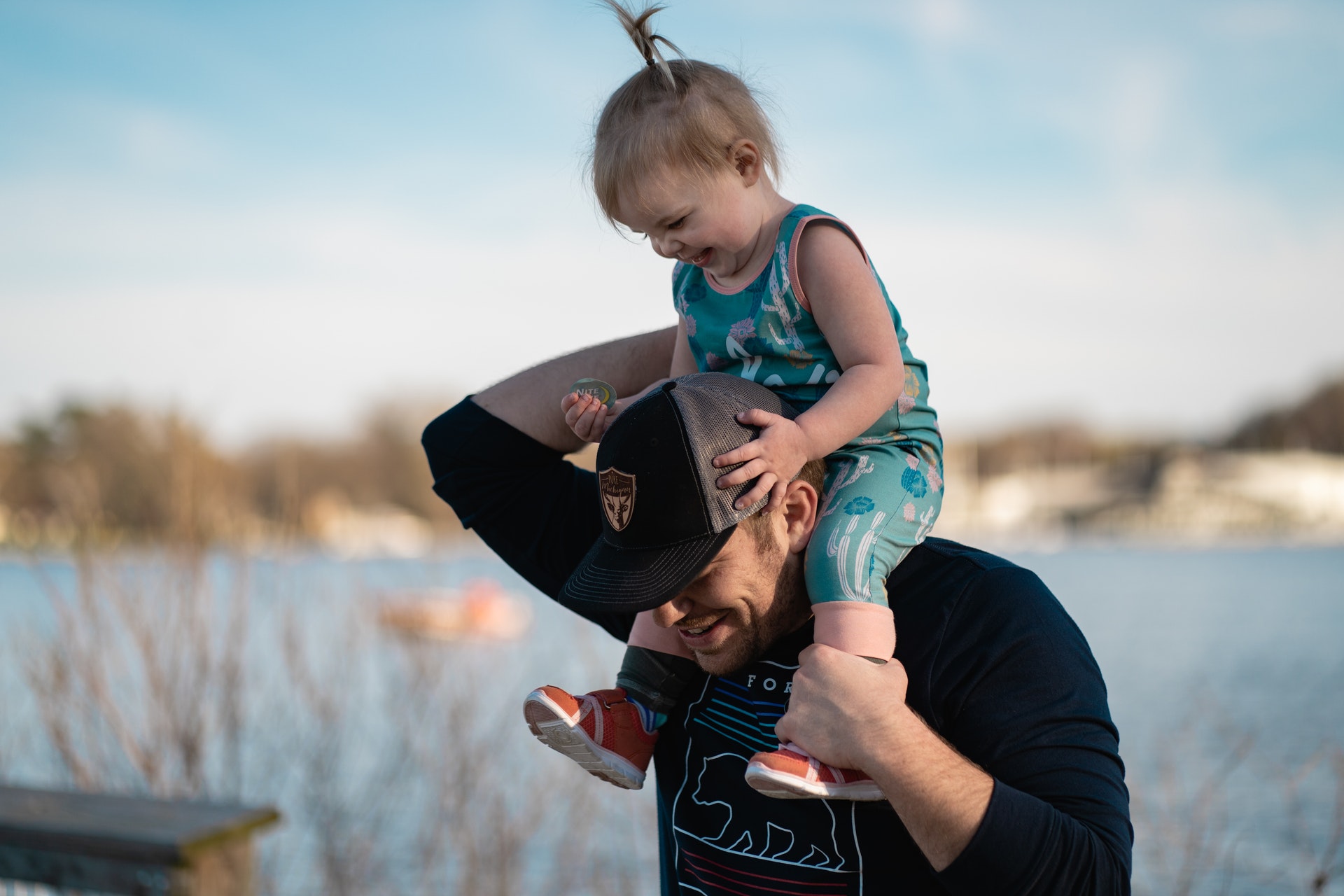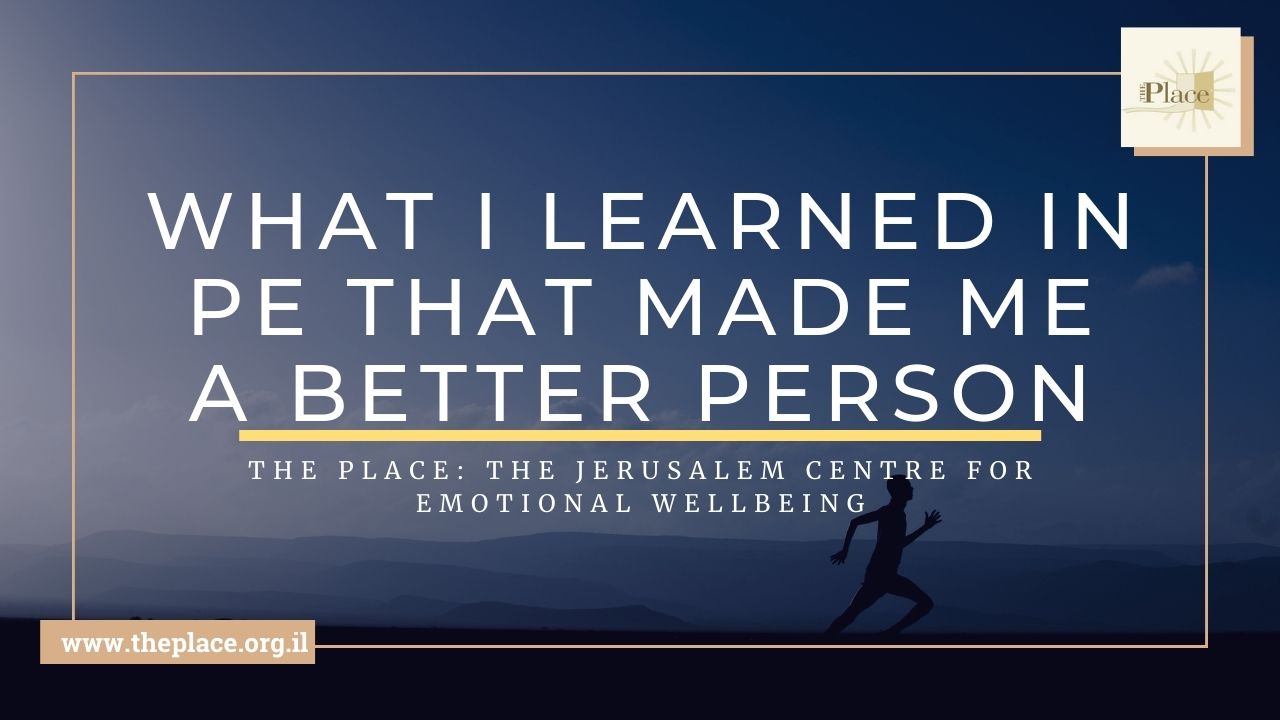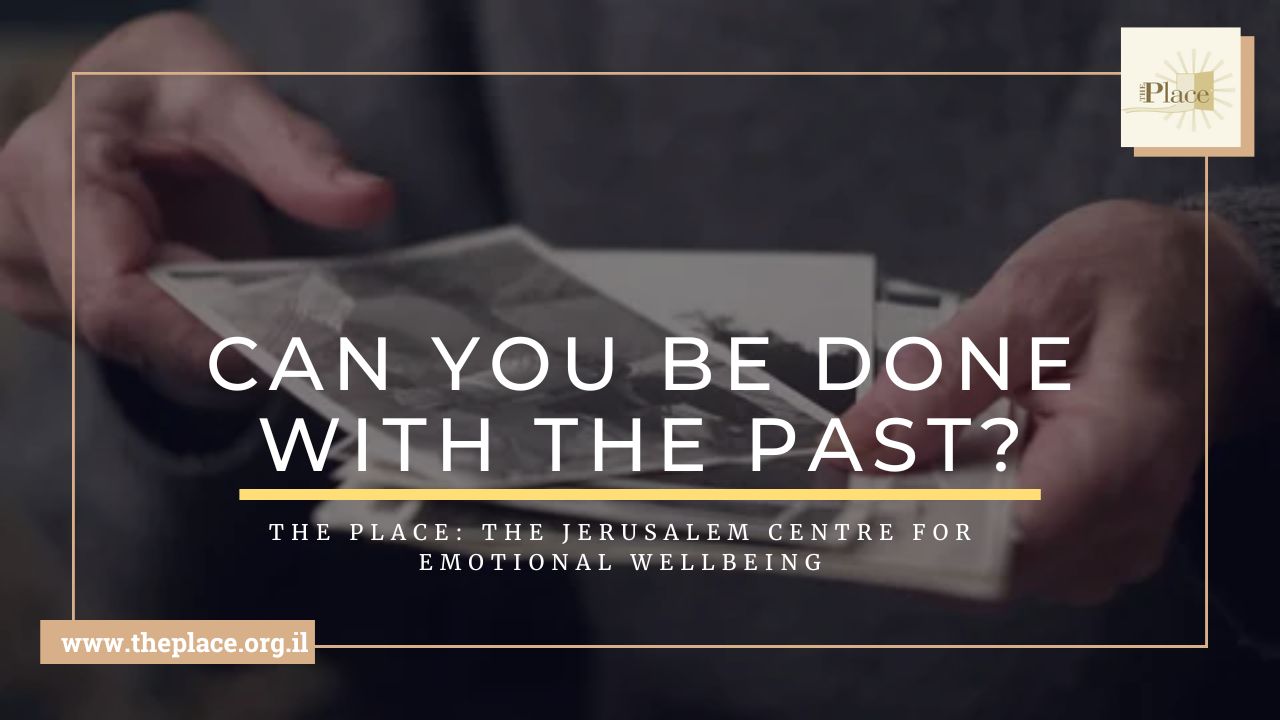We do shame badly. Very very badly. There’s no understatement and I’m willing to throw in a third “very.” We do shame very, very, very badly. The mistake we make with how we do shame is that we treat this feeling as if it’s who we are deep down inside. When we don’t measure up with those we care about, we take it on as our identity. We make it personal and use it as another piece of evidence against us. It’s like we decided to pack up our healthy self-image, chuck it into a U-Haul, and move into the worst part of town. Shame is not our street address and it’s not a place to wallow or ruminate in. Shame is not who we are.
It’s understandable shame can rock us the way it does. It’s an extremely loud emotion. However, when we identify with our shame we miss out on its usefulness. In reality, shame is an important tool that we don’t want to ignore or rationalize away. There’s a reason shame is so loud and that it pops up when things aren’t going quite right. It has to be loud because it’s job is to protect those things that make us who we are the most. It’s the reminder of the things we care about and what we want to work towards. In reality, shame is a compass that leads us towards the best parts of ourselves. The only catch is it only starts to rattle and shake when we veer off course.
Instead of beating yourself up that you aren’t who you want to be with your kids or spouse take a moment. Look down at the compass instead of getting wrapped up in it. Which direction is that needle pointing? What do you want to do? How do you want things to be with those you care about? What is meaningful to you? Once you get yourself reoriented, take a few moments to thank shame for shaking you awake. Then look forward and get back on track moving forward in the direction that is most meaningful to you.
About The Place
The Place is where therapists, individuals and the community connect to create safety, strength and success. At The Place, men and women discover the freedom and safety to move past those issues which are preventing them from living life to its fullest. Our goal is to help each of our clients discover his or her own strengths as powerful tools in the healing process.
The Place is a multi-faceted clinic offering both individual and group therapy, support groups, interactive evenings and lectures, educational classes, and drop-in hours. Our comfortable, confidential, relaxed environment allows clients and their families to explore sensitive issues and create positive change. We believe that the key to mental health and emotional well-being is inside you.
At The Place, male and female therapists work independently or as a team to explore sensitive issues and facilitate positive change for individuals, couples and families from all sectors of the community. Some of our specialties include emotional eating, grief counseling, internet addiction, phobias, anxiety & OCD, childhood challenges, premarital counseling, couples therapy and intimacy issues, postpartum support, personality disorders, psychiatric care, and more. Connect with a caring professional in person at our comfortable Jerusalem offices, or by video, phone, and text. We’re here for you.
Contact Us
Email info@theplace.org.il
Phone (02) 581 8299
Whatsapp 054 260 1468
Social Media
Website:
https://theplace.org.il/
Facebook:
www.facebook.com/theplacejerusalem/
Instagram:
www.instagram.com/theplacejerusalem/






